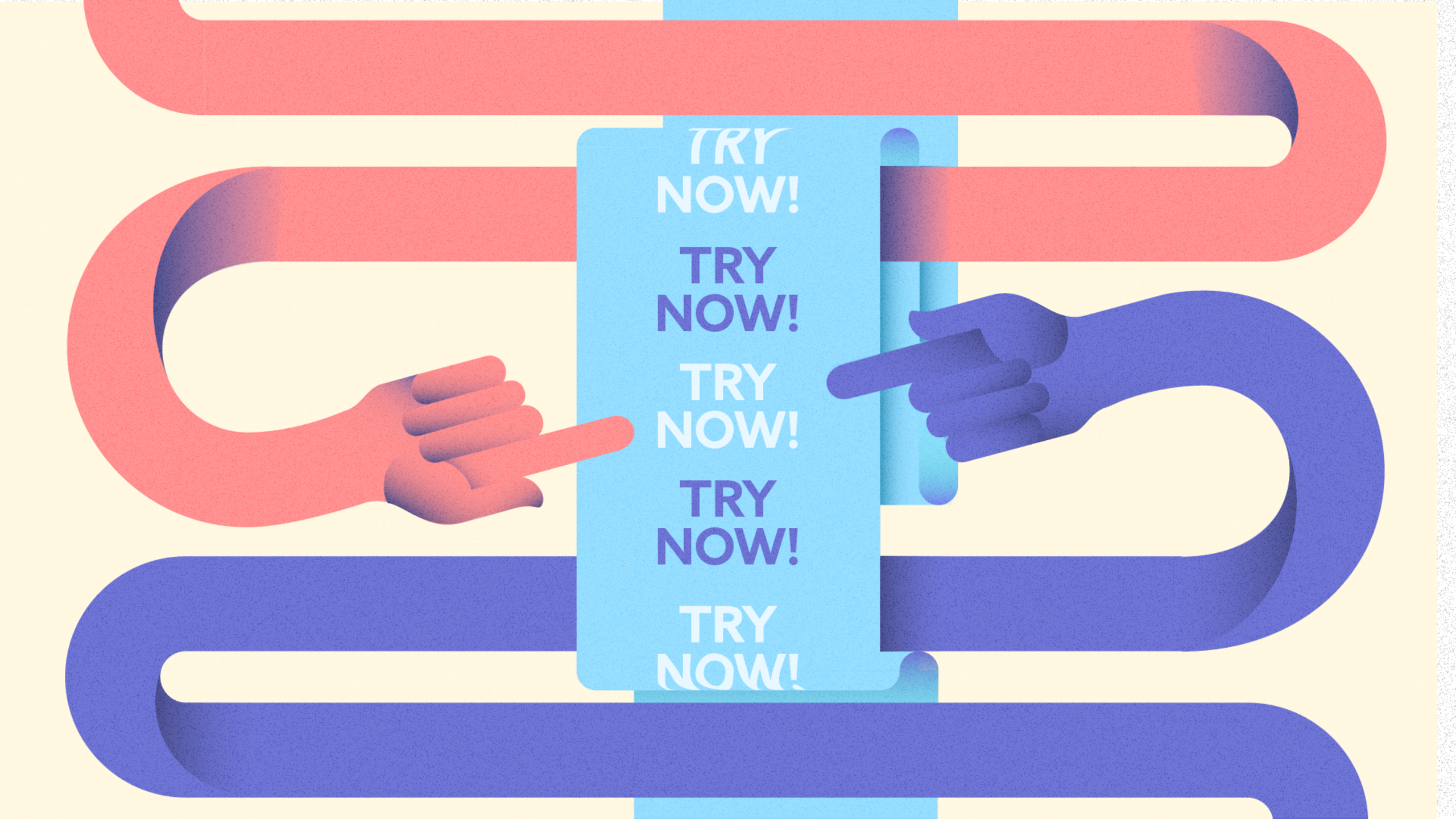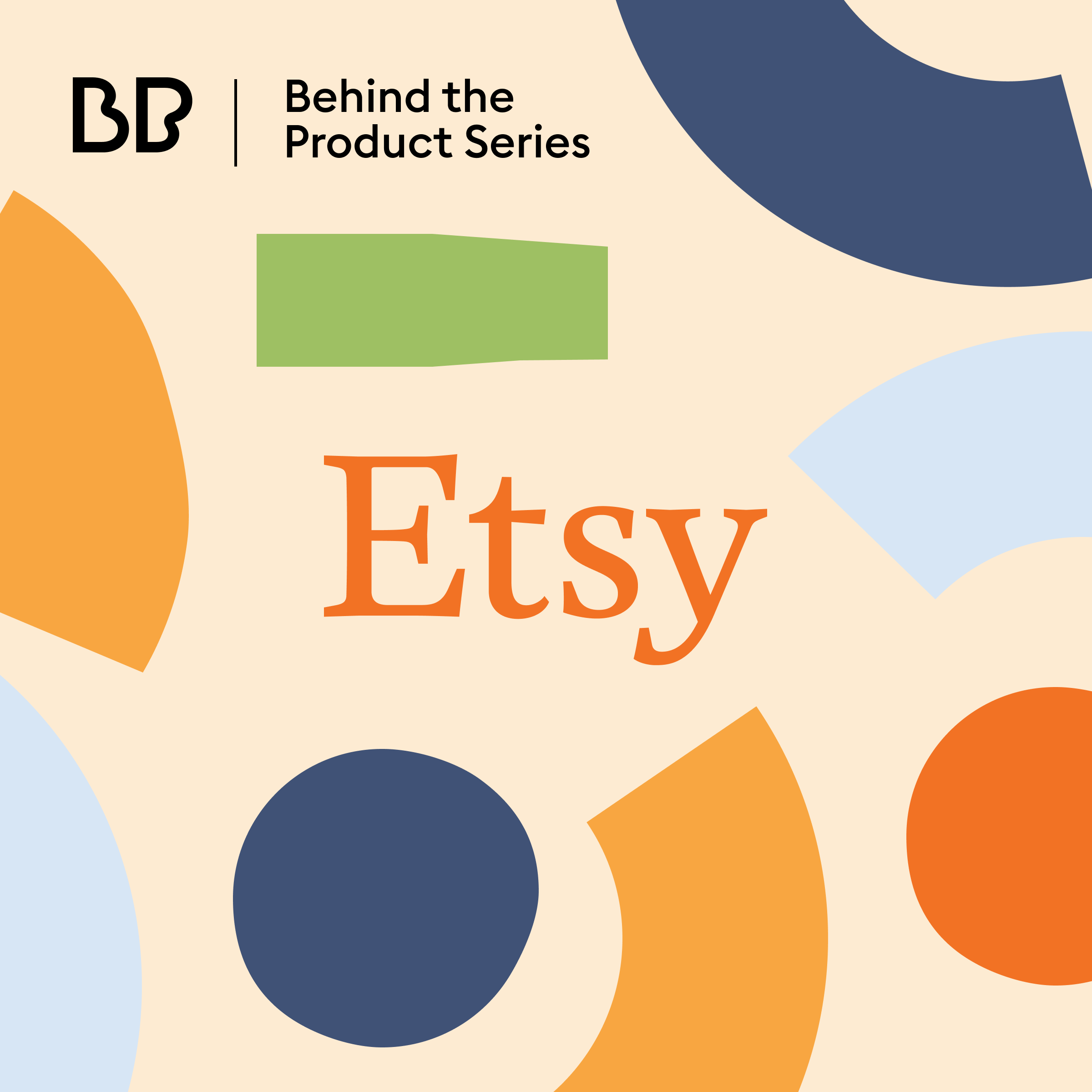Creating a Modern Free Trial with Experiential Product Sites


This past series we focused on telling stories of bets gone wrong and the ones that went right, while pulling out the things product leaders from Forbes, Hubspot, Wildbit wish they’d known along the way.
While you heard from leaders across the country, we prompted listeners to ask themselves, what big bets are you taking — or what big bets should you be?
As we wrap the series, we’re asking that question again, this time to our newest member of the better product show: Meghan Pfeifer. Take a listen to hear her answer while getting a sneak peek at our next Better Product series.